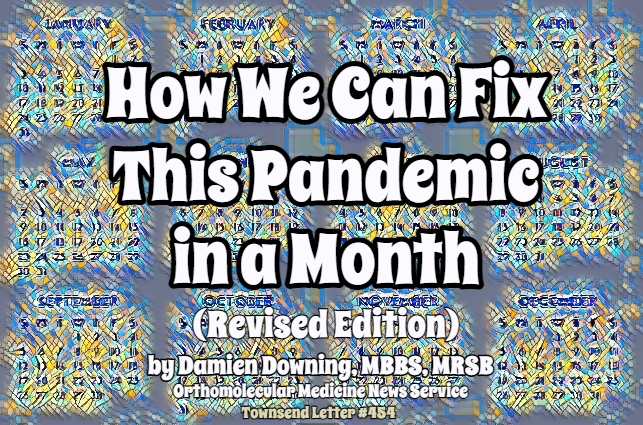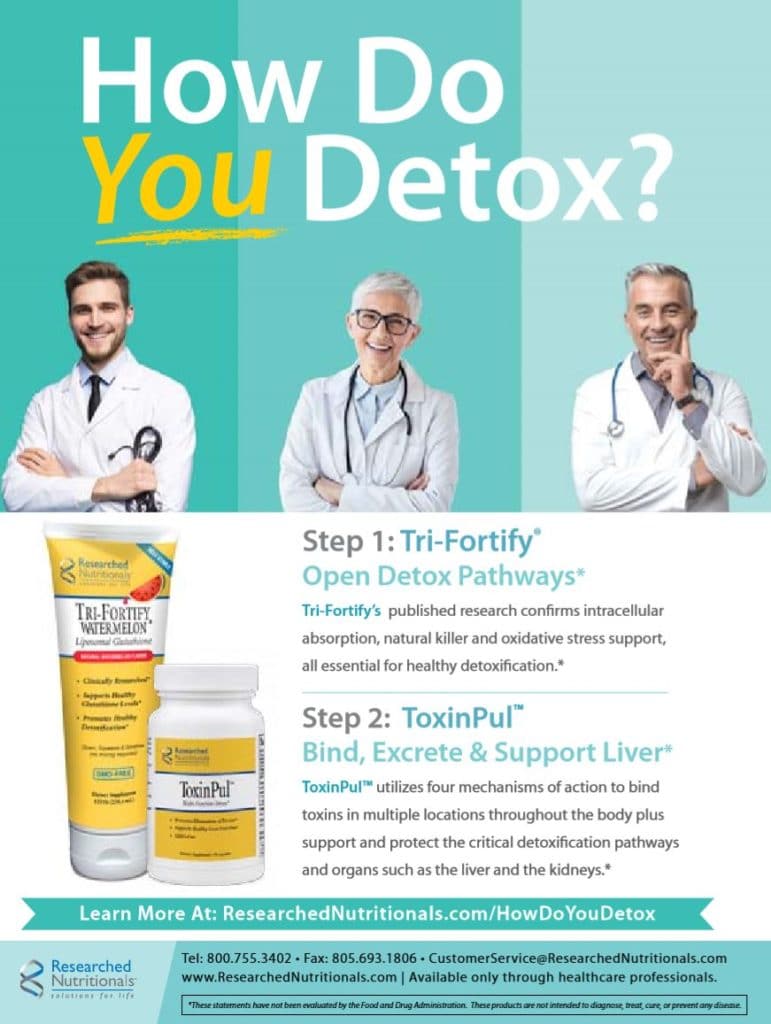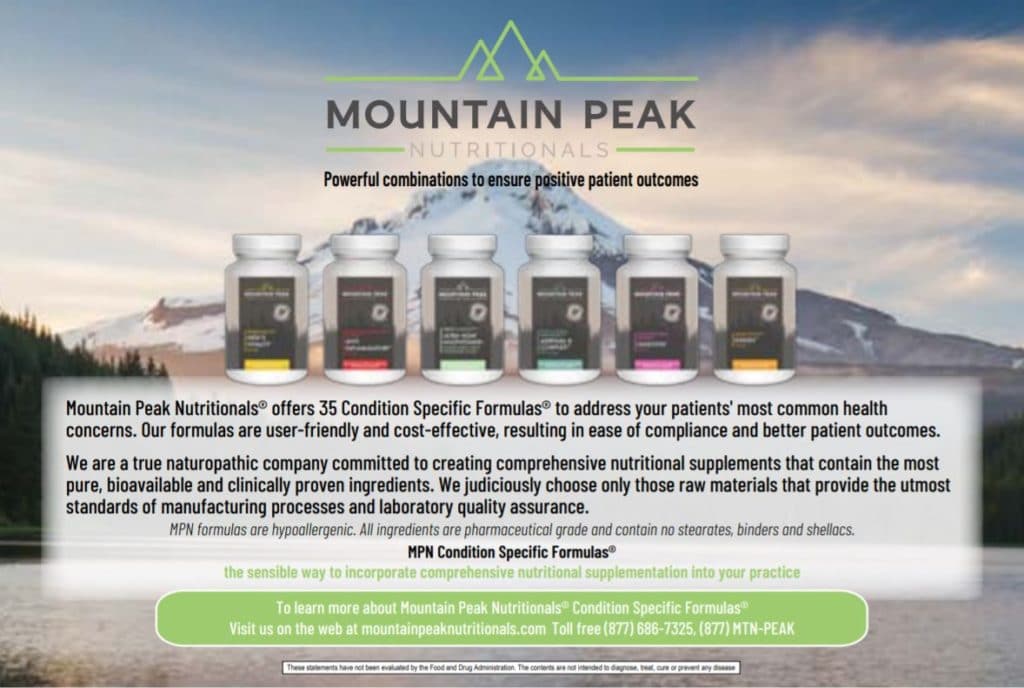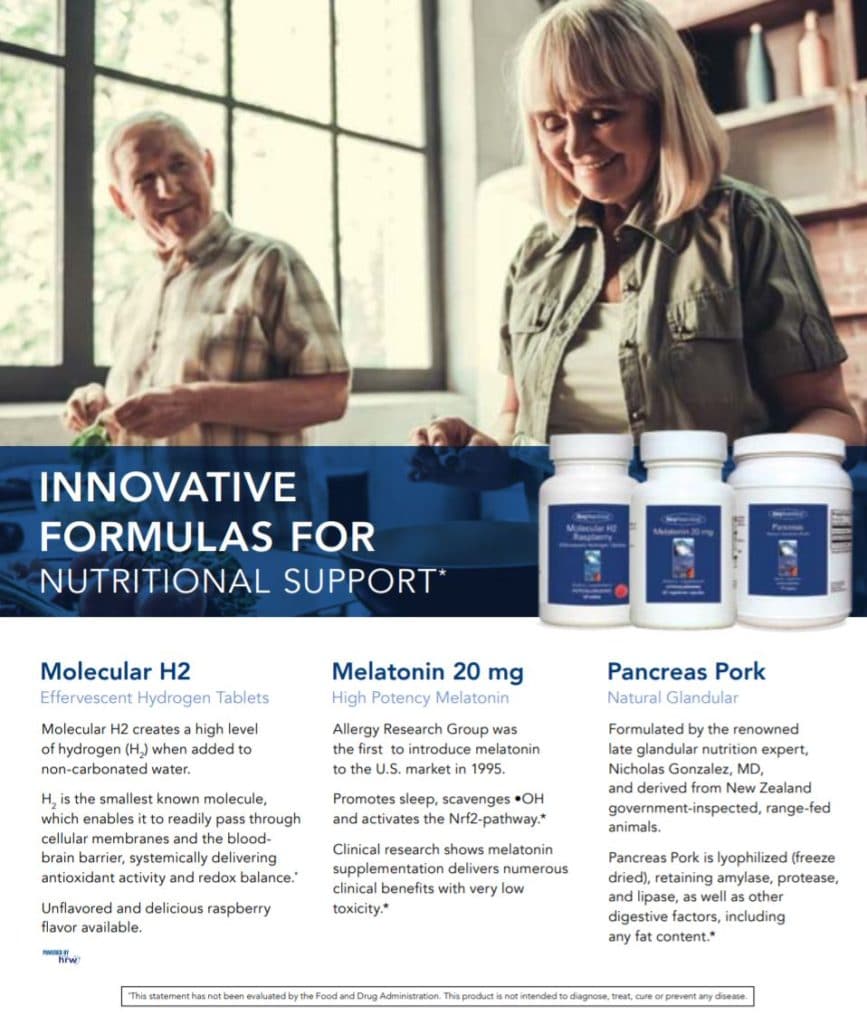…article continued…
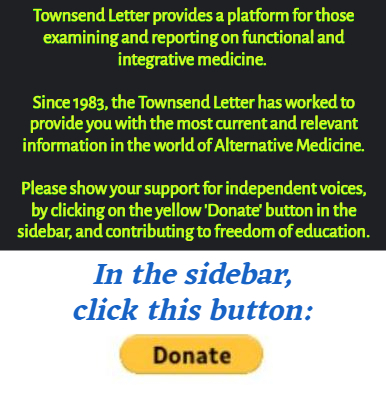
Four authors were listed in the Lancet paper. One was Sapan Desai, the founder of Surgisphere, who was solely responsible for generating the data used in the study. After concerns were raised about the legitimacy of the data, the other three authors initiated an independent third-party peer review to examine the integrity of the research. The independent peer reviewers informed the three authors that Surgisphere would not provide the data that was needed to conduct the review, so the peer reviewers withdrew from the process. On June 4, just two weeks after the paper was published, the three authors asked Lancet to retract the paper, because they “can no longer vouch for the veracity of the primary data sources.”8
Are Hydroxychloroquine and Azithromycin Effective?
At present, it is not possible to provide a definitive answer to that question. Several randomized controlled trials are in progress, and when these trials are completed we should have a better idea whether this treatment is effective for treating uncomplicated COVID-19 cases or preventing infection in people at high risk of exposure to the virus. . Based on my review of the available data regarding safety and efficacy, I would strongly consider taking HCQ and azithromycin if the situation warranted.
Questions Raised by the Hydroxychloroquine Saga
There are a number of questions raised by the events surrounding the research on HCQ for COVID-19.
1. Why did Lancet to do such a poor vetting job on a paper that had such important implications for public health? Of note, the New England Journal of Medicine was also apparently scammed by Sapan Desai and Surgisphere. On June 4, that journal was forced to retract another paper on COVID-19, for which Surgisphere had supplied the data.
2. What has caused some portions of the media to become so biased that they allow political considerations to guide their views on a scientific issue? Early in the course of the pandemic, President Trump mentioned HCQ as a potential “game changer” in the fight against COVID-19. Trump later announced that he was taking HCQ prophylactically after a few White House staff members had tested positive for the virus. What followed was a barrage of dueling narratives in the media, in which opinions about HCQ appeared to become a surrogate for opinions about the President. Media outlets that habitually opposed Trump tended to emphasize evidence that HCQ is ineffective and dangerous, whereas media outlets that typically supported the President tended to emphasize evidence that HCQ is effective and (if used properly) quite safe.A June 4 editorial in the Wall Street Journal rightly stated that HCQ “should rise or fall as a treatment on its medical merits, not whether people think it vindicates or repudiates Donald J. Trump.”
3. What motivated Sapan Desai to perpetrate what appears to be a major fraud upon the world?
4. Why were official agencies so quick to interfere with clinical trials of HCQ and with the use of this medication by practicing physicians? After the Lancet paper was published, the World Health Organization halted their randomized controlled trial of HCQ, although they did resume the trial after the paper was retracted. France’s public health agency warned against the use of HCQ outside of clinical trials, while around the same time French authorities suspended those clinical trials. Even before the Lancet paper was published, the US Food and Drug Administration (FDA) recommended that HCQ should only be taken in the hospital or as part of a formal study. That same recommendation appeared in the COVID-19 Treatment Guidelines of the National Institutes of Health (NIH). The advice against out-of-hospital use of HCQ is difficult to understand, considering that HCQ appears to be most effective when used before the disease has become severe enough to require hospitalization.
Because of the negative press, the warnings against HCQ by government agencies, and the apparently fraudulent Lancet paper, many people are afraid to take HCQ. This has made it more difficult to enroll subjects in randomized controlled trials.
5. Is there a money trail to follow? The COVID-19 pandemic has presented an opportunity for the pharmaceutical industry to make enormous amounts of money on vaccines and patented drugs. Widespread acceptance of a regimen such as HCQ plus azithromycin (which costs a total of less than $20 for a course of treatment) could threaten the financial success of these other treatments. One drug currently being investigated is remdesivir. This intravenously administered drug, which is manufactured by Gilead Sciences, is likely to be very expensive if it gains FDA approval. According to one report, at least seven experts on the NIH panel that developed the COVID-19 Treatment Guidelines (which recommended against the use of HCQ) had financial ties to Gilead Sciences. The drug industry has a long history of using its financial clout to try to influence politicians, the FDA, the press, and medical researchers. While there is currently no evidence of a clandestine industry-sponsored campaign to discredit HCQ, one might be forgiven for wondering whether such a campaign exists.
Conclusion
The results of randomized controlled trials are eagerly awaited. If the results turn out to be as good or nearly as good as those observed by practitioners in Marseilles and elsewhere, an important advance will have been made and the need for lockdowns will be greatly diminished.
Note: Since this editorial was written, the National Institutes of Health has withdrawn funding for HCQ/COVID-19 studies. However, other randomized controlled trials are still in progress. Also, the FDA has revoked emergency approval to use HCQ for COVID-19, although FDA approval is not required for a physician to prescribe HCQ for “off label” use. Based on my evaluation of the current evidence, I believe the actions of the NIH and FDA are unwise.
References
1. Liu J, et al. Hydroxychloroquine, a less toxic derivative of chloroquine, is effective in inhibiting SARS-CoV-2 infection in vitro. Cell Discov. 2020;6:16.
2. Hydroxychloroquine Sulfate. Drug Usage Statistics, United States, 2007 – 2017. https://clincalc.com/DrugStats/Drugs/HydroxychloroquineSulfate. Accessed June 8, 2020.
3. Million M, et al. Early treatment of COVID-19 patients with hydroxychloroquine and azithromycin: a retrospective analysis of 1061 cases in Marseille, France. Travel Med Infect Dis. 2020 May 5;101738.
4. Wise J. VA secretary defends use of hydroxychloroquine for veterans, claims analysis led to ‘misinformation.’ The Hill, April 30, 2020. https://thehill.com/homenews/administration/495409-va-secretary-defends-use-of-hydroxychloroquine-for-veterans-claims.
5. Mehra MR, et al. Hydroxychloroquine or Chloroquine With or Without a Macrolide for Treatment of COVID-19: A Multinational Registry Analysis. Lancet. 2020 May 22;S0140-6736(20)31180-6. Published Online.
6. Mahase E. Covid-19: 146 researchers raise concerns over chloroquine study that halted WHO trial. BMJ. 2020; 369:m2197.
7. Davey M, et al. Surgisphere: governments and WHO changed Covid-19 policy based on suspect data from tiny US company. June 3, 2020. https://www.theguardian.com/world/2020/jun/03/covid-19-surgisphere-who-world-health-organization-hydroxychloroquine.
8. Mehra MR, et al. Retraction – Hydroxychloroquine or chloroquine with or without a macrolide for treatment of COVID-19: a multinational registry analysis. Lancet. 2020 Jun 4 (published online).
